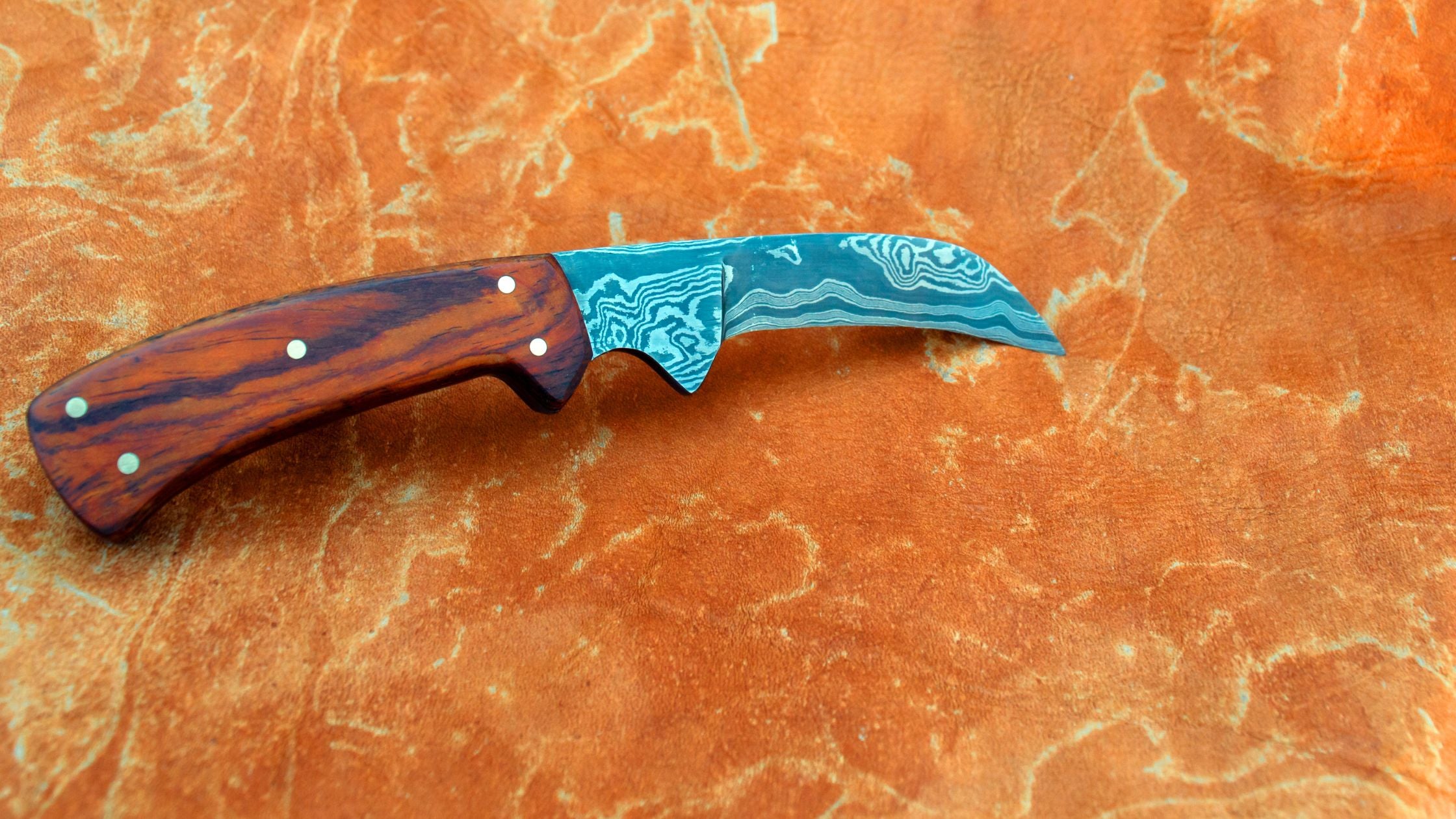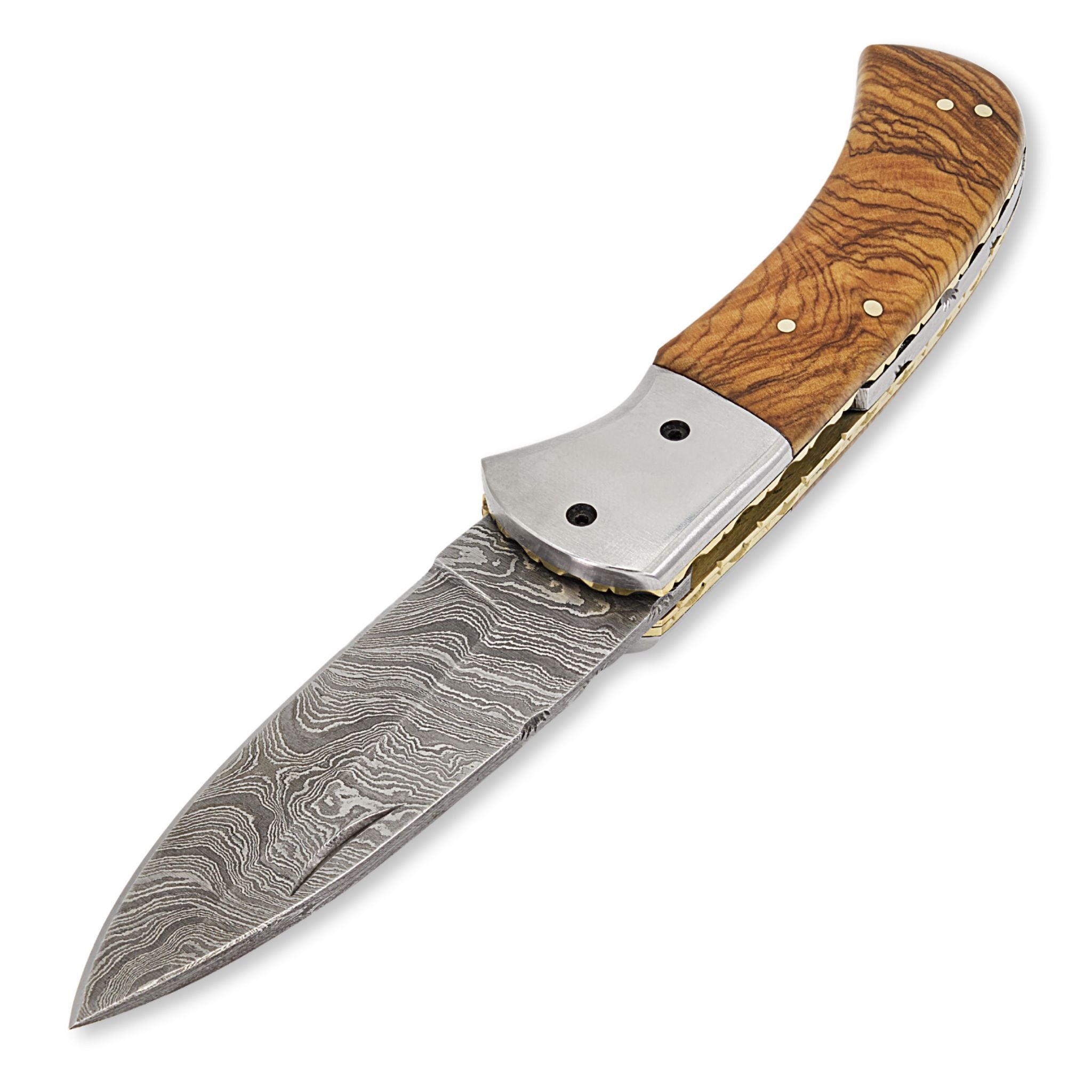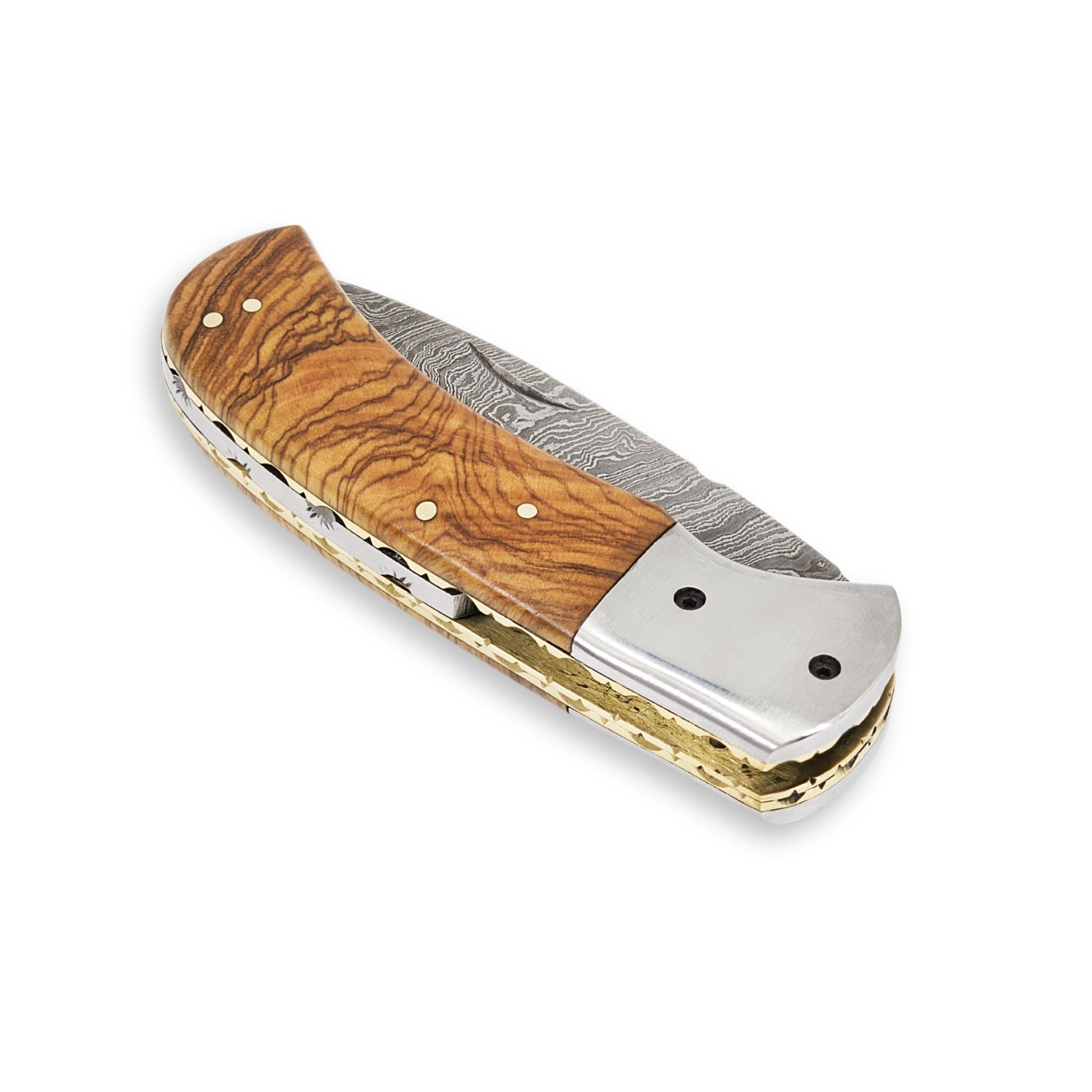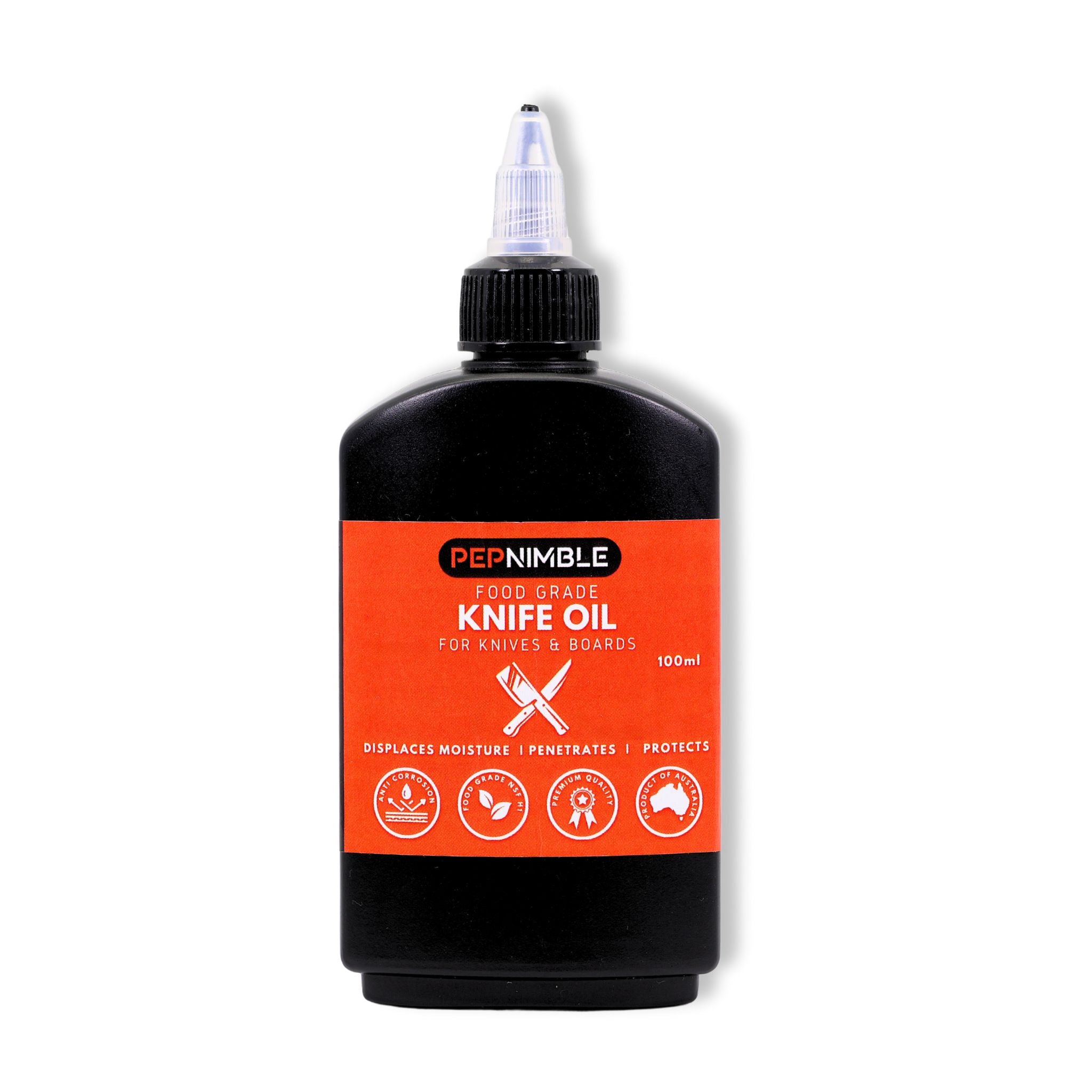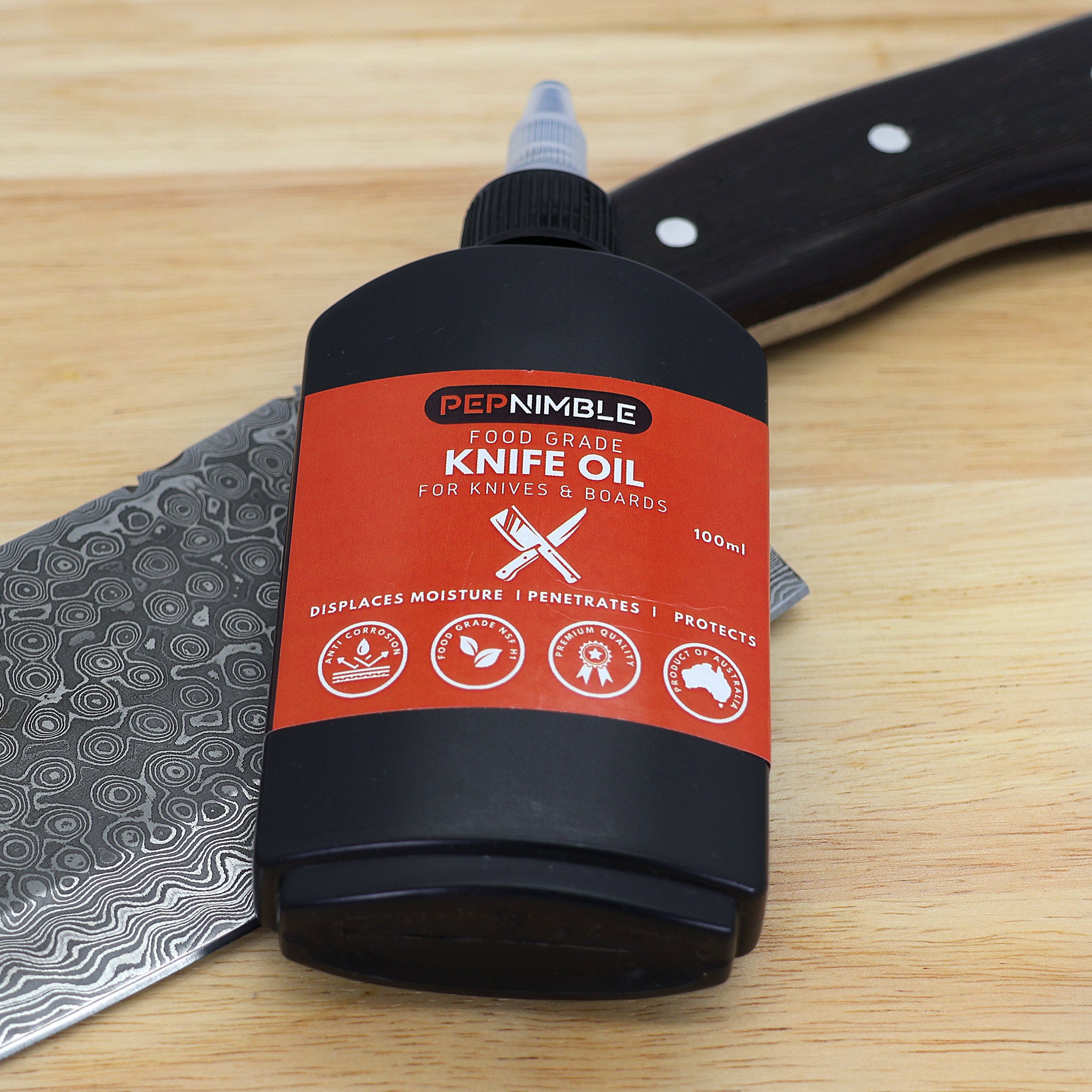Damascus knives are highly regarded by knife enthusiasts for their unique construction and superior performance. The blades of these knives are made by layering different types of carbon steel, creating a beautiful, intricate, functional, and aesthetically pleasing pattern. Owning a Damascus steel knife requires special care and attention. These knives are an investment and should be treated as such. Proper care will help maintain their elegance and usefulness over time. To care for a Damascus steel knife, it is essential to keep it clean and dry and store it in a way that is least prone to humidity. By following these tips, you can relish the beauty and performance of your prized Damascus steel knife for years to come.
First Use
Before you put your new knife to use, wash the whole knife, including the blade and handle, with mild dishwashing detergent to remove any minute dirt, debris, or residues. Rinse it under running water and dry it thoroughly. After drying the knife, applying a suitable knife oil to the whole knife without delay is of utmost importance, considering the tips mentioned in the paragraph below titled "Oiling."
General Care
Clean & Dry
It is essential to wash the knife with diluted dishwashing detergent after each use to remove any harmful or corrosive substances that may be stuck to the blade. Avoid harsh scrubbers as they can cause abrasions on the metal and reduce its shine. Once the knife is cleaned, dry it immediately using a soft tea towel or a similar material. This will help maintain the quality of the knife and ensure it is ready for subsequent use. Remember, never to put these knives in a dishwasher for washing. These are not dishwasher safe.
Oiling
To properly care for Damascus knives, oiling the blade and handle is crucial. This helps prevent moisture in the air from corroding the metal surfaces. Thankfully, plenty of practical and adequate options are available for oiling the knife.
For Damascus knives used daily or a few times a week, you can easily keep them in good condition by using any everyday cooking or dressing oil available in your pantry. Just apply a light layer of oil on the blade and handle, and you're done. This will ensure that your cherished kitchen or outdoor tool is properly oiled without spending extra money. However, if you're particular about the quality and have the budget, you can always opt for premium knife oiling products.
Over time, oils used for cooking, frying, and salad dressing will break down and become rancid. This process forms a dark, sticky substance that can be difficult to remove from your kitchen knives. The rancid oils may even cause permanent discolouration of the blade. Therefore, taking care of your knives by regularly cleaning them is vital to prevent this unpleasant situation.
When it comes to long-term storage of knives, you have multiple options. You can use food-grade mineral oil, paraffin oil, liquid wax or vaseline to oil the knife. Liquid coconut oil can be helpful for short to medium-term storage. It is a lighter version of regular coconut oil readily available at local grocery stores. Moreover, it has a pleasant aroma and will not become rancid for a while. For the best protection against rust and corrosion, you can buy our premium quality, food-safe, made-in-Australia knife oil.
Avoid Abrasives
Every Damascus blade is a unique work of art with its own pattern, feel, and individuality. These blades are made to last, with the potential to maintain their distinctive design for a lifetime. However, they require proper care and attention to achieve this longevity. It is best to avoid using abrasive or rough cloth when cleaning your knife, as well as any metal shine polishes or steel wool. These cleaning methods can remove the dark oxidation layer from the blade surface and cause the eye-catching Damascus pattern to fade, leaving the knife's pattern looking dull. Instead, opt for gentle cleaning methods to preserve the beauty and quality of your Damascus blade.
Beware of Acidity
As you prepare your favourite fruits and vegetables, you enjoy the satisfying ritual of cutting, chopping, and dicing. However, this process also exposes your knife blade to the natural acidity of the produce. Thankfully, a high-quality Damascus blade can handle this acidity with ease. But it's important to note that leaving the acidic residue on the blade for an extended period can eventually cause the beautiful Damascus pattern to deteriorate. To keep your blade looking its best, you only need to rinse and dry it immediately after use rather than leaving it to soak in the sink for hours. This simple step will help keep your blade in excellent condition for years.
Storage, Storage, Storage!
To maintain a Damascus steel knife, storing it in a dry environment that is not affected by high moisture or drastic temperature changes is crucial. Suppose you need to store it for a short period, such as a day or two. In that case, you can follow these steps: wash, dry, and oil the knife as instructed, and then place it in a knife block, sheath, or other storage container. You can wrap the blade in cling wrap before putting it in the leather sheath for added protection. This will prevent the metal blade from coming into direct contact with the leather, which may contain higher moisture levels or corrosive chemical residues used for processing the leather.
When storing a knife for more than two days, it is essential to follow specific guidelines to ensure its longevity. Firstly, the knife must be oiled, per the instructions above. Secondly, before placing the knife in a leather sheath, storage case or box, it should be wrapped in two or three layers of cling wrap. This will protect the entire knife, not just the blade, from damage or corrosion.
Even if you follow all the care instructions, you may notice some rust on the blade of your Damascus knife. However, this can be easily removed by using baking soda and vinegar. To do this, soak a small section of a cloth, such as a tea towel, in white vinegar. Then, dab that part of the cloth in baking soda and rub the rusted area. In most cases, the rust will disappear without leaving any marks.
If your knife is mostly in storage for any reason, inspecting it for rust occasionally is a good idea. This will help you appreciate and admire its beauty and character and ensure it remains in good condition for many years.
Sharpen
Damascus steel blades are renowned for maintaining sharpness for extended periods. However, this is only true if you use a suitable wooden chopping board. No matter how high the quality of your knife, cutting or chopping on hard surfaces such as stone, glass, or ceramics will cause it to become blunt quickly. For this reason, consider investing in a quality wooden cutting board, with Camphor Laurel chopping boards being an excellent choice.
Eventually, all knives will require sharpening to maintain their performance. Hand-forged Damascus blades do not require any unique techniques for sharpening. Using a good quality whetstone will yield the best results for the time and money invested.
In summary, to maintain the unique look of your Damascus knife, you must take proper care and maintenance. Cleaning and drying the blade after each use, storing it in a dry and secure location, and periodically oiling the blade to prevent rust and corrosion are essential steps to ensure the longevity of your knife. Following these practices will allow you to continue to admire your Damascus knife's intricate patterns and designs, making it an actual work of art and a practical tool of choice.

